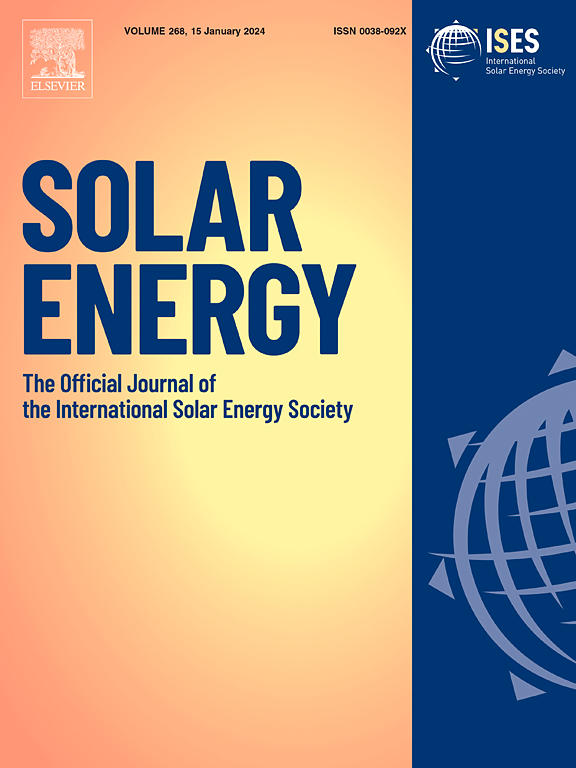Dried food industry consumes a significant amount of energy which requires more attention to renewable energy resources. Non-uniform solar drying has been deemed a drawback of solar dryer commercialization due to low-quality products influenced by the sun's off hours. Drying uniformity may be enhanced by using the hybrid solar-thermal technique that provides uniform operation conditions. The present work aims to evaluate the hybrid solar-thermal dryer that uses a desiccant dehumidifier based on the uniformity of process air temperature and humidity. The desiccant regeneration process has been assessed based on the temperature and humidity of the regeneration air. Power saving due to hybrid technique usage has been analyzed. The drying process has been conducted using 5 kg of red chili. The rehydration ratio of the product has been tested as an indication of product quality which is a key parameter for dryer performance. The results revealed that the process air at the drying cabinet inlet has a 95% relative thermal uniformity with a 0.95 standard deviation in absolute humidity. The hybrid technique has helped to achieve around 67% power saving while only 22% of power has been held when operating with solar mode. In comparison to other techniques the current hybrid dryer showed better product quality. The current results could develop the solar drying industry in terms of homogeneous quality-product.


